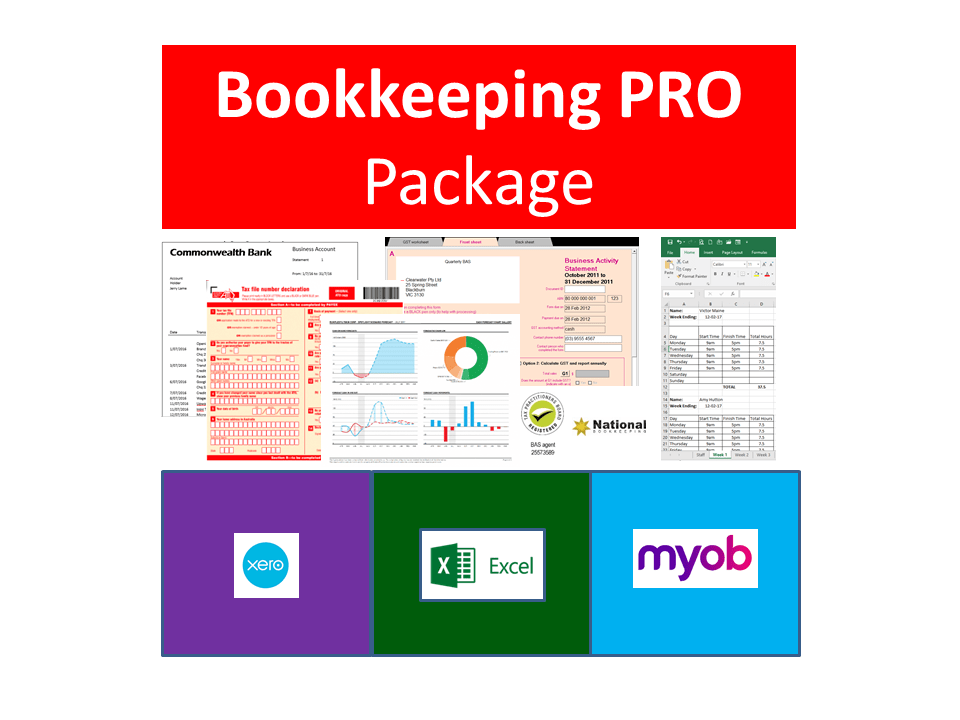When you decide to start your own bookkeeping business, or any sort of business for that matter, you will have to spend a bit of time networking. You know, schmoozing after work, talking shop, champagne in hand, with other supposedly like-minded professionals. There are some people who you feel immediately comfortable with and who you warm to in some way; these people are good networkers, but many people are not. Identifying what we’ll term ‘bad networkers’ is actually pretty easy: these are the people who give you the hard sell.
What’s In It For Me?
You’ve always got to think to yourself: What’s in it for them? when it comes to your clients; be it sending them an email, or suggesting your services or wares. Bad networkers don’t operate like this. They aggressively sell their business to anyone and everyone and though they may appear seasoned professionals, the truth is, they rarely see any return on investment.
In fact, this approach to networking could be doing more harm than good. Just think about how you feel when you’re accosted by someone trying to sell you something on the street or when you enter a shop — if only you could get a word in edge-wise, you might be able to ask questions and discover that this is, in fact, the miracle wrinkle cream you’ve been looking for! However, because they just keep rambling on in rapid fire sequence, you lose interest, make an excuse so you can leave immediately, and first chance you get, ditch their flyer or leaflet in the bin without giving it a second glance.
The same goes for networking: give someone an obnoxious sales pitch and, invariably, your luxe, 150gsm, embossed business card will wind up in the bin.
Sales Pitches are Not Bad. Per Se.
But that doesn’t mean a sales pitch — or elevator pitch, as we prefer to call it — is a bad thing. It just means that in perfecting your pitch, there are a few things you need to consider.
Seasoned networker, Robert Crane, the principal of the Computer Information Agency, a specialised technology consultancy firm based in Sydney, cautions business owners new to the networking fray on overloading people with too much information.
“You’ve got to keep it simple,” Robert says. “The simpler you are, the more likely you will retain people.”
Rather than going into minute detail about your business — details that many people may find hard to understand or contextualise — pull out your key services, the services you’re best known for and focus on those.
For corporate trainer and business coach, Ivan Cunningham, his tried and true method involves condensing whatever those key services are down to a thirty second elevator pitch, with some creative spin thrown in, too: “I don’t say I’m a corporate trainer,” Ivan explains, “I say: ‘my job is to make your business better’ which always has better results.”
Unexpected Opportunities for Networking
But networking doesn’t have to be solely confined to networking events. Often the places you least expect to find a new client or customer turn out to be the most lucrative, which Ivan can also attest to: he recently found a potential new client when he was having lunch at a café.
“I just happened to strike up conversation with the person next to me whose company, it turned out, was looking for a corporate trainer,” Ivan says. After exchanging details, Ivan went home and sent off a follow-up email; a very important next-step for successful networking — always follow up.
At this point, people usually do one of two things: they don’t follow up at all — a missed opportunity — or they now use this opportunity to give someone the hard sell, which Robert Crane says is a big mistake.
“You’ve got to keep it simple. The simpler you are, the more likely you will retain people. [Networking] is not about selling; it’s about showing that you’re there to help.” – ROBERT CRANE, Business Owner
“Networking is not about selling; it’s about showing that you’re there to help,” Robert says.
If someone gives you their business card, send them a follow-up email, but only do so if you can genuinely help them, not because you’re trying to peddle your wares. The key difference, here, between helping and selling, is listening.
“Get a feel for the market, the people you’re connecting with,” says Ivan. “Really listen to them and what they’re saying, then you’ll be able to help them and generate new business for yourself, too.”
***
If you’re new to networking or just want to perfect your networking skills, consider our 7 top tips for networking:
- Don’t sell — look for opportunities to help instead.
- Always be networking — whether you’re at lunch, the hairdressers, anywhere; always keep your eyes and ears open to opportunity.
- 30 seconds or less — that’s the length of your elevator pitch.
- Keep it simple — don’t overwhelm people with superfluous information.
- Use positive spin — describe your business in a way that peaks people’s interest.
- Know your market — take the time to understand the people you’re networking with; people like to do business with people they know, trust, like.
- Follow up — don’t miss an opportunity by forgetting to follow-up, and ensure you refer to the above when you do!
***






